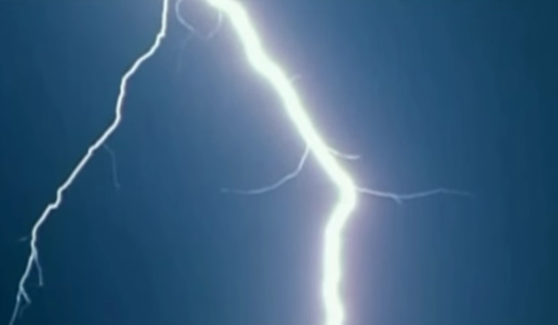The researchers at the Southwest Research Institute did an experiment to not only hear, but see the phenomenon of thunders as well. The scientists launched a small rocket attached to the ground with a copper wire, which in turn was synced to thunder clouds; so as to study its "thunder signature."
With this experiment, the scientists were able to actually determine what a thunder looks like, according to Forbes. When people listen to thunder, they determine its extremity based on the distance at which they see the lightning taking place.
For example, if the thunder is nearby then it makes a sharp and crackling sound. When it is far away, it makes a long and rumbling sound. Since this phenomenon occurs very erratically, the scientists triggered their own events to "see" a thunder, according to Ed Accessible.
In this experiment, the copper wire provided a conductive channel and also a very predictable path for the lightening to strike. The next step was to take the image of the acoustic signature of the thunder with the help of specialized microphones.
These microphones were designed in a way that 15 microphones were spaced one meter apart from each other and were lined up 95 meters away from the launch pad of the rocket.
At first the scientists thought that images looked like a modern abstract art. However when observed at higher frequencies, the image started to become clearer and clearer.
Many curves were also observed on the image, such as that of the thunder clap and thunder signatures. It was the first time that the image of a thunder was actually captured on a graph paper.






















